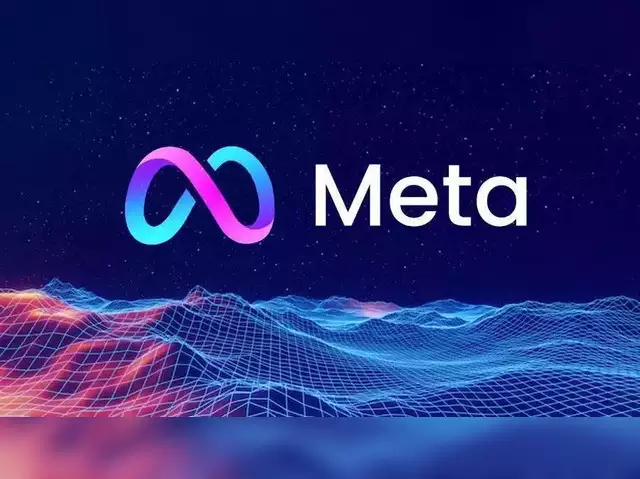Meta’s recently launched stand-alone AI app is under fire for what critics call a “privacy disaster.” Designed to be interactive and social, the app is inadvertently revealing sensitive user content — from personal health issues to potential criminal confessions — with little warning to users.
A Confusing Interface That Makes Everything Public
The core issue lies in the app’s design. Users chatting with Meta AI are prompted to share responses with a “share” button. This leads them to a preview screen that publishes the interaction publicly — but many users seem unaware that their conversations are visible to the entire platform.
From questions about body odor to tax evasion, even private audio queries are being posted for all to see. For instance, one recording featured a man asking why his farts smell worse than others, while another user sought help drafting a legal character reference — complete with real names.
Private Info, Now Public Content
Security expert Rachel Tobac found several instances of home addresses and court documents being shared on the app. Users have unknowingly exposed highly personal information, including symptoms of medical conditions and sensitive legal matters.
The issue escalates when users connect Meta AI with Instagram. If their Instagram account is public, then their searches and AI interactions — even embarrassing or incriminating ones — become part of the app’s open feed.
Meta Responds with Silence
When TechCrunch reached out for comment, Meta declined to respond on the record. Meanwhile, the app has seen 6.5 million downloads since its launch on April 29, according to Appfigures.
FCRF x CERT-In Roll Out National Cyber Crisis Management Course to Prepare India’s Digital Defenders
For one of the world’s richest tech companies, this rollout has been anything but smooth. Critics argue that Meta should have foreseen the risks of publicly sharing conversations with an AI assistant, especially when past examples like AOL’s 2006 data leak proved how dangerous this can be.
A Trolling Ground in the Making
Now, the app’s feed is filled with trolling content and viral oddities. Users have posted résumés asking for cybersecurity jobs, anime avatars discussing drug paraphernalia, and AI-generated images like a pregnant Mark Zuckerberg marrying a bug.
This strange, meme-filled atmosphere has made the platform viral — but not for the right reasons.
“If Meta wanted public attention, this embarrassment has certainly achieved it,” the article notes.
While Meta AI may be popular, its early design decisions have sparked a major privacy controversy. Experts warn that until the platform introduces clearer controls and privacy guidelines, users may continue to overshare — unintentionally broadcasting their digital lives for all to see.



